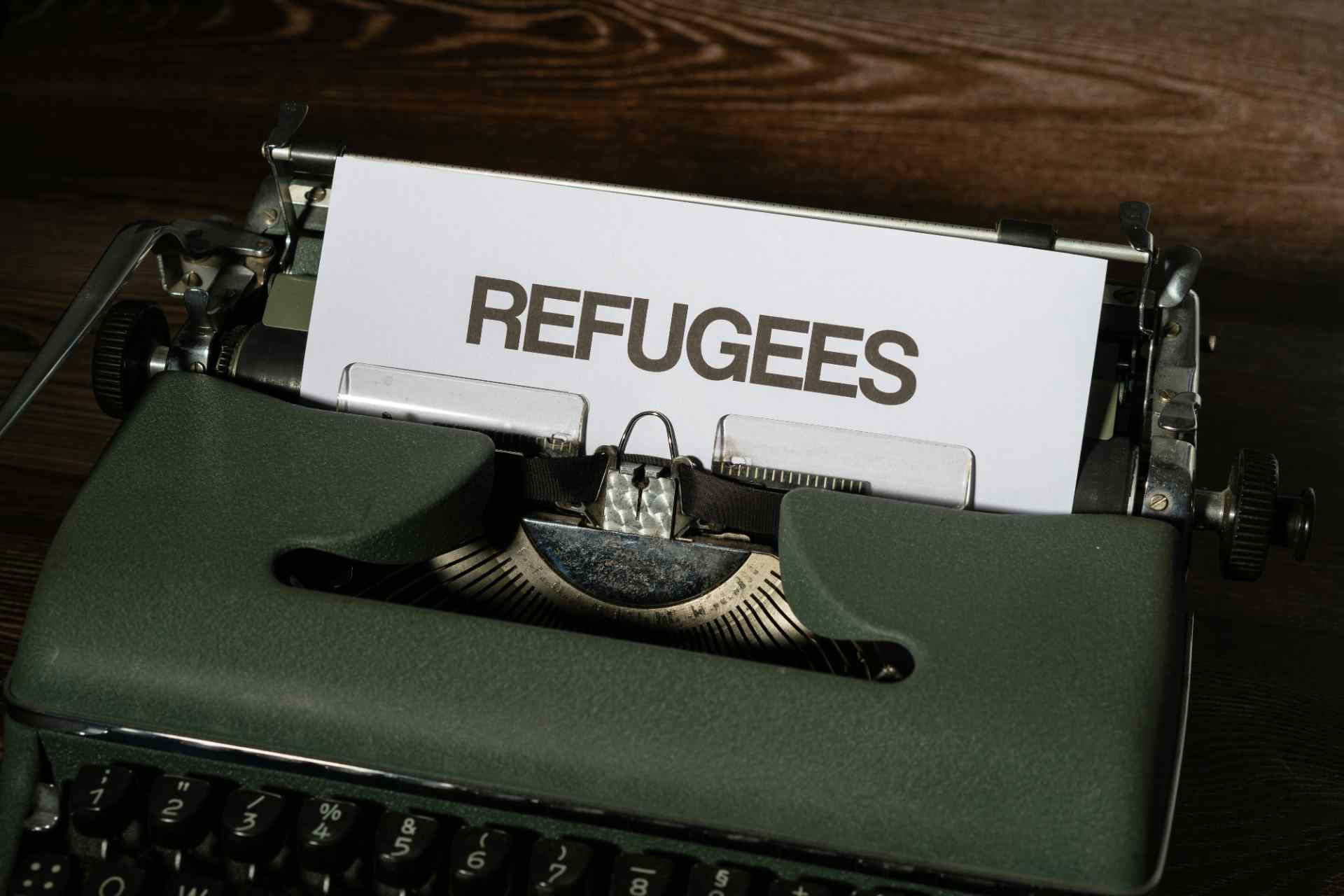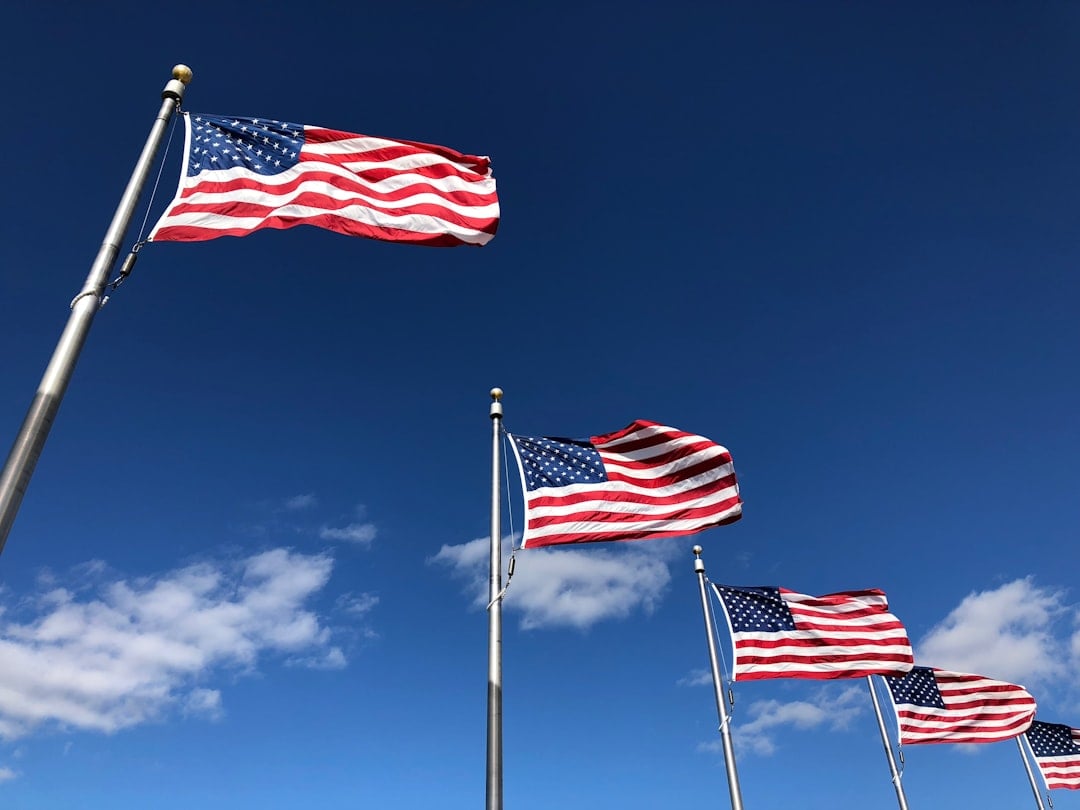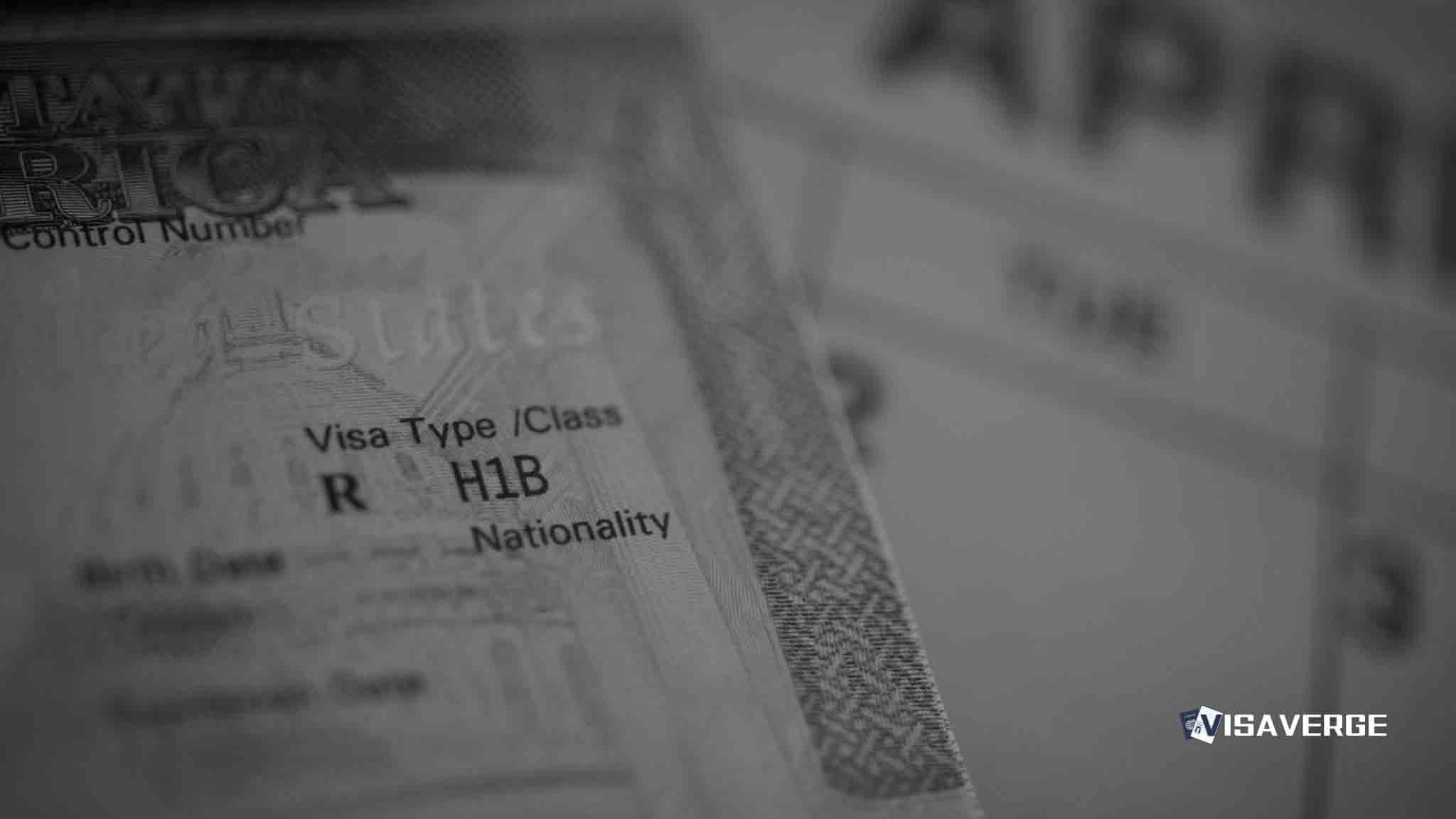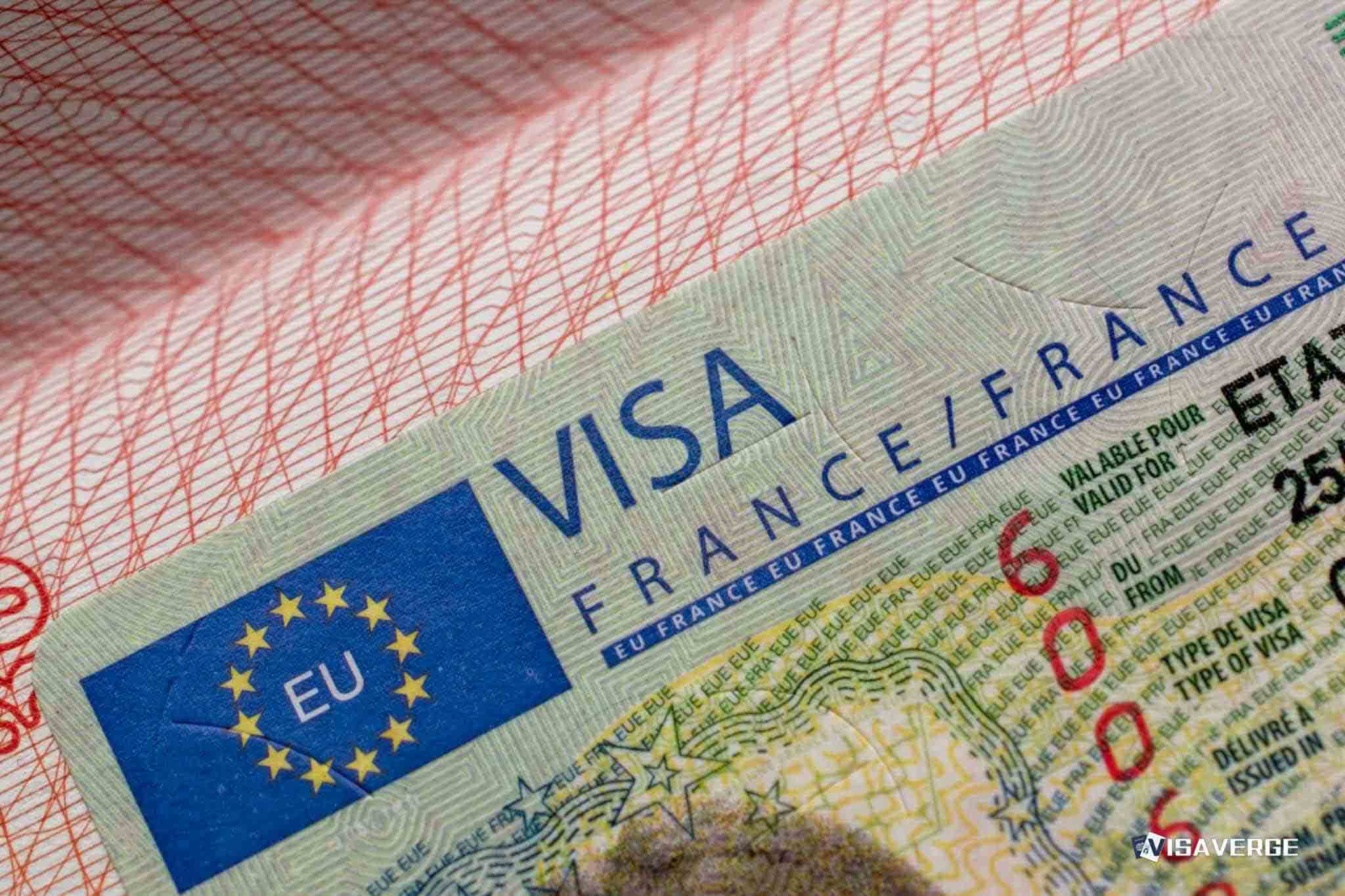(UGANDA) Uganda has stopped granting refugee status to people from Ethiopia, Somalia, and Eritrea, in one of the most restrictive shifts in its asylum policy in years, officials and aid workers say. The decision, which unfolded through separate steps since 2023 and became clear in 2025, comes as the country faces shrinking international funding and growing pressure on land, services, and local communities.
Context and scale
Uganda has long been praised as one of Africa’s most welcoming countries for refugees, hosting about 1.93 million people as of August 2025, mainly from South Sudan and the Democratic Republic of Congo.
But officials now argue that resources are stretched too far to keep accepting new arrivals from countries they say are not currently at war, including Ethiopia, Somalia, and Eritrea.
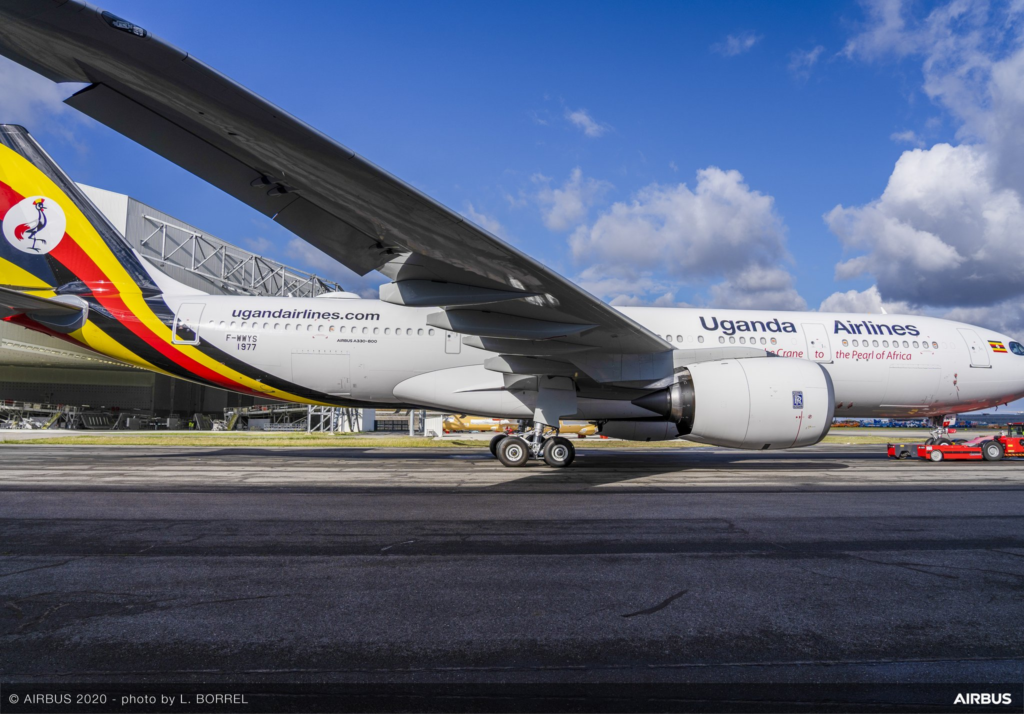
How the suspension was implemented
The suspension has been implemented unevenly and in stages:
- Somalia: Restrictions on asylum applications were already in place by March 2023; Somali nationals were being refused recognition and told they could not be registered as refugees.
- Eritrea: Registration of Eritrean asylum seekers was halted in January 2025, according to humanitarian agencies in Kampala and border areas.
- Ethiopia: Aid groups report that the stop to new refugee recognition became evident in 2025, when cases began to be routinely refused at reception centers.
Timeline (summary)
| Country | When restrictions reported | What happened |
|---|---|---|
| Somalia | March 2023 | Asylum applications restricted; nationals refused refugee recognition |
| Eritrea | January 2025 | Registration halted |
| Ethiopia | 2025 | Routine refusals at reception centers observed |
Government rationale
Ugandan officials cite several pressures behind the decision:
- A sharp drop in international donor support.
- Growing strain on national resources, notably food, health care, education, and land in refugee-hosting districts.
- Concern about new arrivals bypassing rural settlements to live and work in urban areas, increasing pressure on cities.
Officials and policymakers argue that the country cannot sustain its earlier open-door model if funding gaps persist and if many migrants settle informally in urban centers rather than in designated settlements.
Urban pressures and local concerns
The Office of the Prime Minister, which oversees refugee policy, reports mounting pressure from local leaders who complain about more unregistered migrants in urban areas—especially Kampala. Authorities say:
- The shift from rural settlements to informal urban life increases tensions over jobs, housing, and small business space.
- Those without formal refugee status should not expect the same freedom of movement and work opportunities as registered refugees (analysis referenced from VisaVerge.com).
Local residents in refugee-hosting districts express mixed feelings:
- Some welcome a slowdown in arrivals, saying services are overwhelmed.
- Others fear that forcing people into undocumented status will drive more crime and informal work.
- Traders report Eritrean and Somali business owners are closing shops or moving underground due to checks on licenses and immigration papers.
Immediate humanitarian consequences
Humanitarian groups say the consequences for nationals of Ethiopia, Somalia, and Eritrea are immediate and harsh:
- Without refugee status, asylum seekers cannot get official documentation.
- They are often unable to access food rations or aid programs.
- They risk arrest for immigration violations.
Aid workers report increased enforcement actions against Eritrean communities. For example, 110 Eritreans were detained in July 2025, following earlier incidents in 2024 when Eritreans in Kampala were arrested over alleged illegal business activities.
Community leaders say many who fled political repression, forced military service, extremist threats, or ethnic violence now:
- Hide indoors, avoid hospitals, and fear police checkpoints.
- Even people who arrived years earlier but never completed registration feel more exposed because they lack proof of identity or legal status.
“Without recognized refugee status, people can be arrested, deported, or left to survive alone in a country that once promised them safety.”
— Common warning from aid organizations and community leaders
Legal response and court action
The policy has faced legal pushback:
- A Ugandan court temporarily suspended the ban on refugee registration for Eritrean and Ethiopian asylum seekers, finding the government’s actions created a real risk for people seeking protection.
- Human rights lawyers argued that denying access to refugee status violates Uganda’s Refugees Act and the international conventions the country has signed.
- Despite the court order forcing some reconsideration, aid agencies say the overall approach of tighter control and selective acceptance remains in effect.
International implications and debate
Uganda’s shift is being watched closely by international agencies. Historically the UN held Uganda up as a model for progressive refugee policies—allowing refugees to move freely, work, and farm land. Rights groups warn:
- Blocking refugee status for entire nationalities could encourage other host countries to adopt similar measures if they face funding shortages.
- This could create a domino effect, reducing places of refuge for people fleeing danger.
Officials counter that donors must share responsibility:
- They say the international community must provide steady support for food, infrastructure, and services in refugee-hosting districts.
- Government statements summarized by aid organizations note that many pledges made at global refugee forums have not translated into cash, leaving programs under-funded and local governments frustrated.
For official information on Uganda’s broader refugee framework, see the Office of the Prime Minister – Refugees Department at opm.go.ug.
Legal and moral tensions over “refugee situations”
A central tension is what constitutes a “refugee situation”:
- Uganda’s position that Ethiopia, Somalia, and Eritrea are not at war conflicts with arrivals’ accounts of political persecution, indefinite national service, extremist threats, and ethnic or clan violence.
- Aid workers argue that even without full-scale war, these conditions often meet international standards for refugee protection, creating a conflict between legal definitions and on-the-ground realities.
Current situation for asylum seekers
As things stand:
- Many asylum seekers from Ethiopia, Somalia, and Eritrea continue to arrive at reception centers and are told they cannot be registered or must wait indefinitely.
- Lack of clear public guidance fuels rumors spread through WhatsApp groups and community networks.
- Some people attempt onward movement to other countries; others remain hidden in Uganda.
Key takeaways and warnings
- The suspension affects access to documentation, aid, and legal protections for large groups of people.
- Aid organizations warn that shutting the door on entire nationalities undermines the principle that every asylum claim should be examined individually.
- If Uganda maintains this stance, more people from these countries are likely to remain without basic protection, increasing the risk of arrest, deportation, or clandestine survival.
For those monitoring the situation, the evolving legal rulings, donor responses, and government statements will determine whether Uganda’s longstanding open-door posture is restored or remains constrained.
Uganda has incrementally blocked refugee recognition for people from Ethiopia, Somalia and Eritrea amid declining international funding and urban pressures. Measures began in March 2023 for Somalis, halted Eritrean registration in January 2025, and produced routine refusals for Ethiopians in 2025. The move restricts access to documentation, aid, and legal protection, spurs arrests, and prompted court challenges arguing violations of national and international refugee law. Donor responses and legal rulings will shape whether Uganda’s open-door model is restored.



